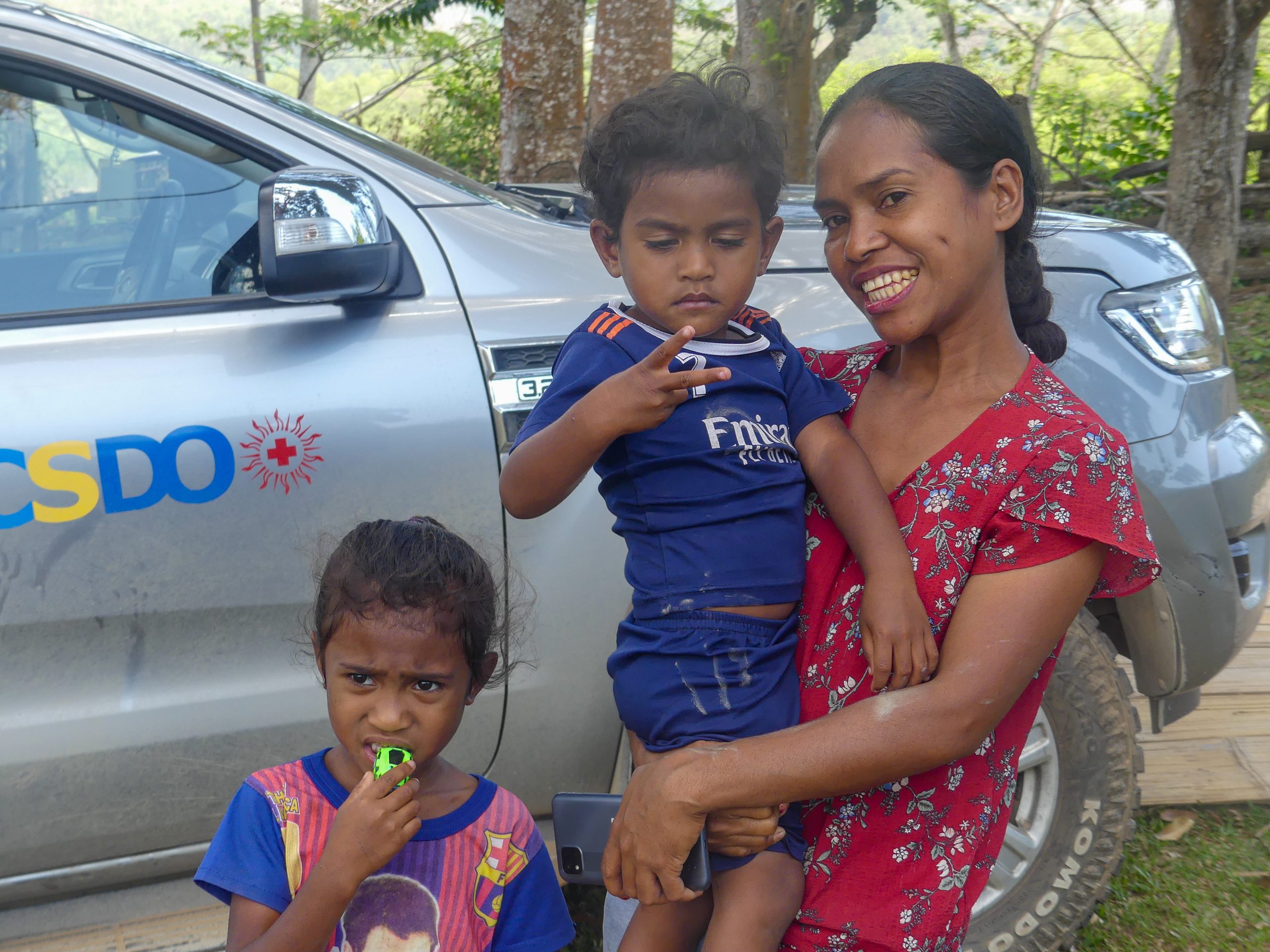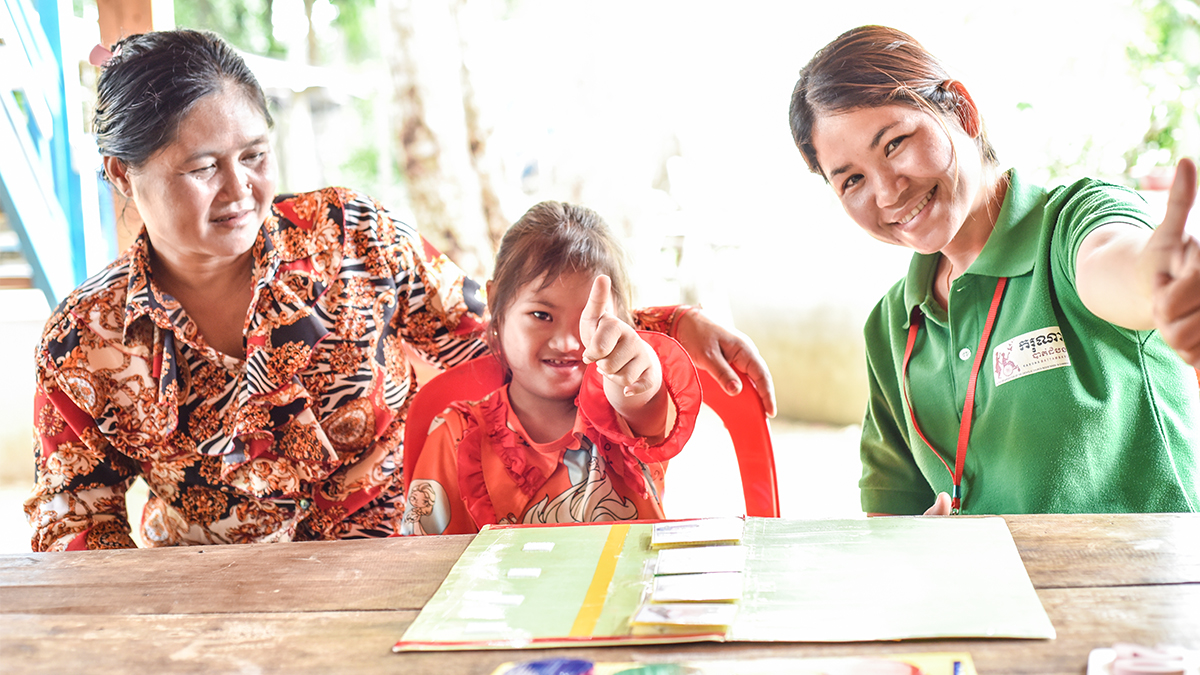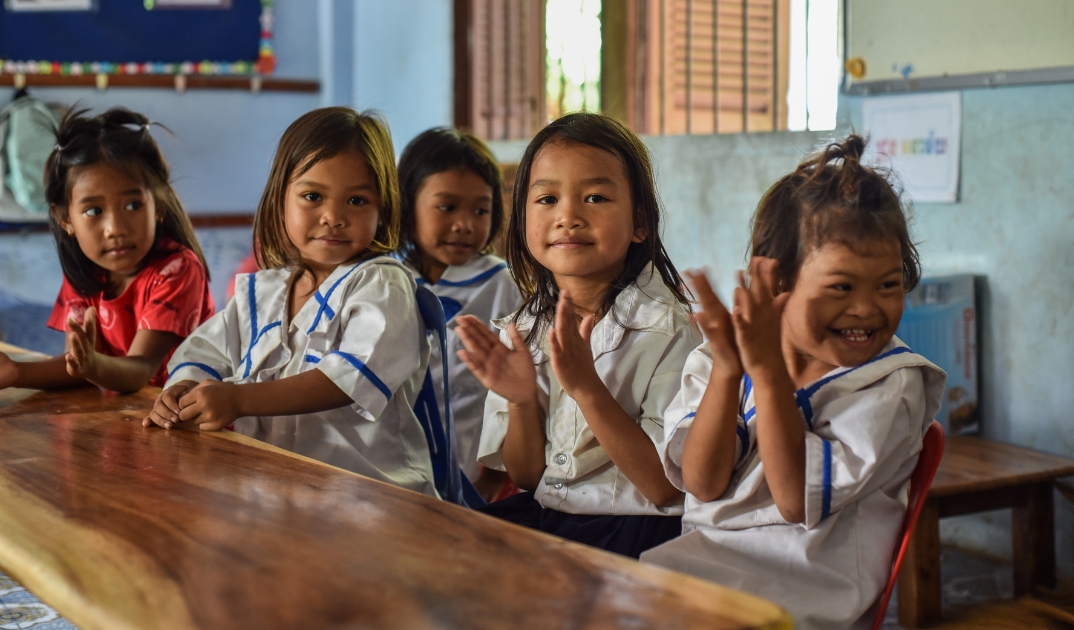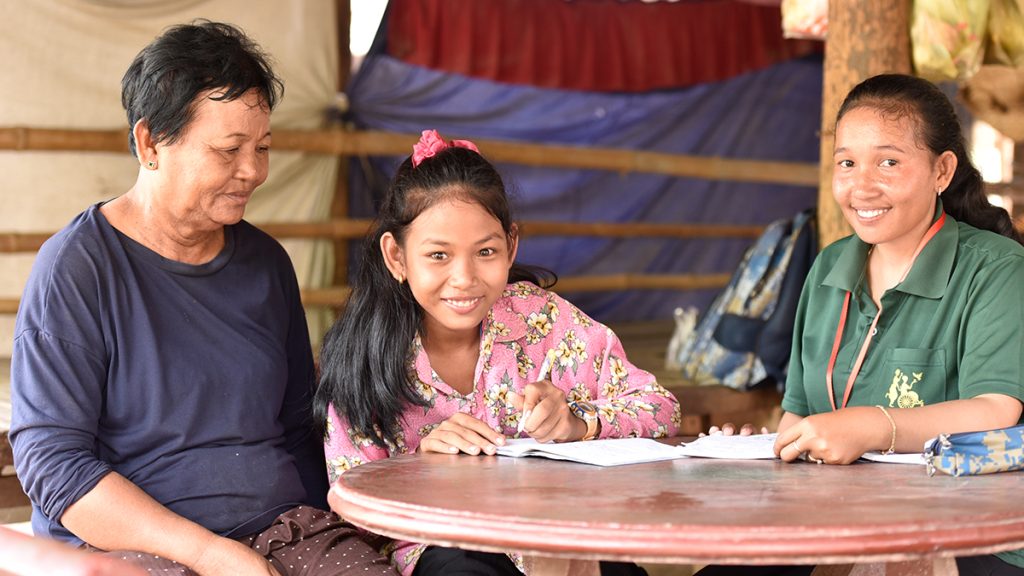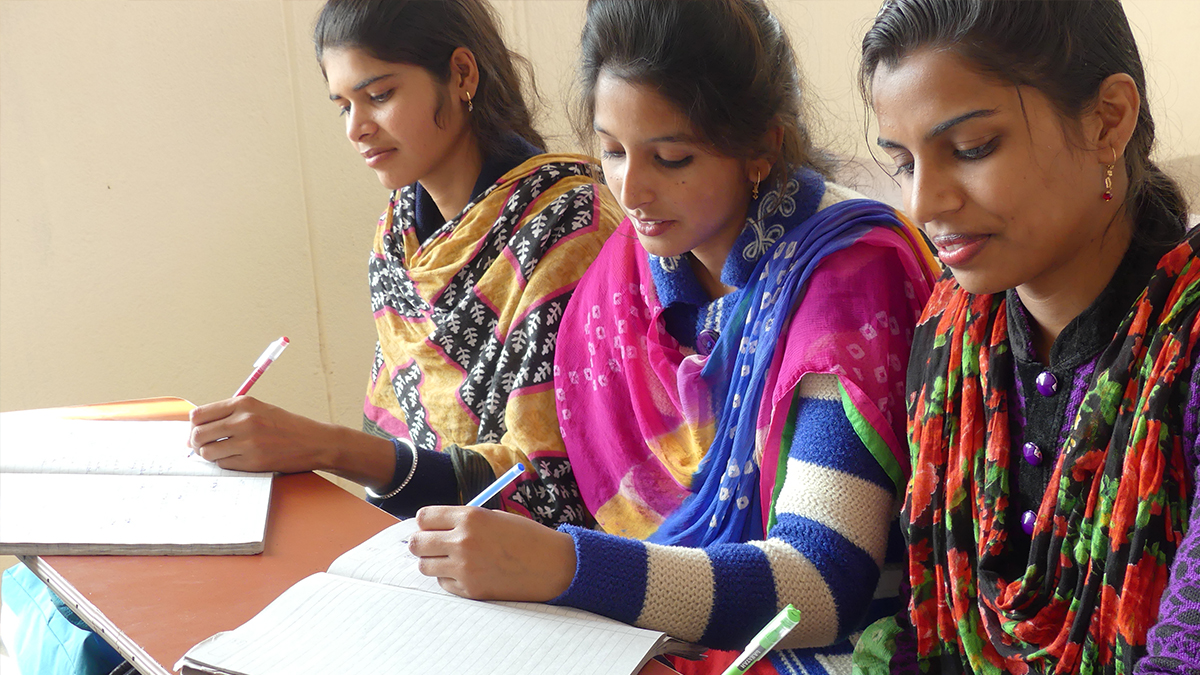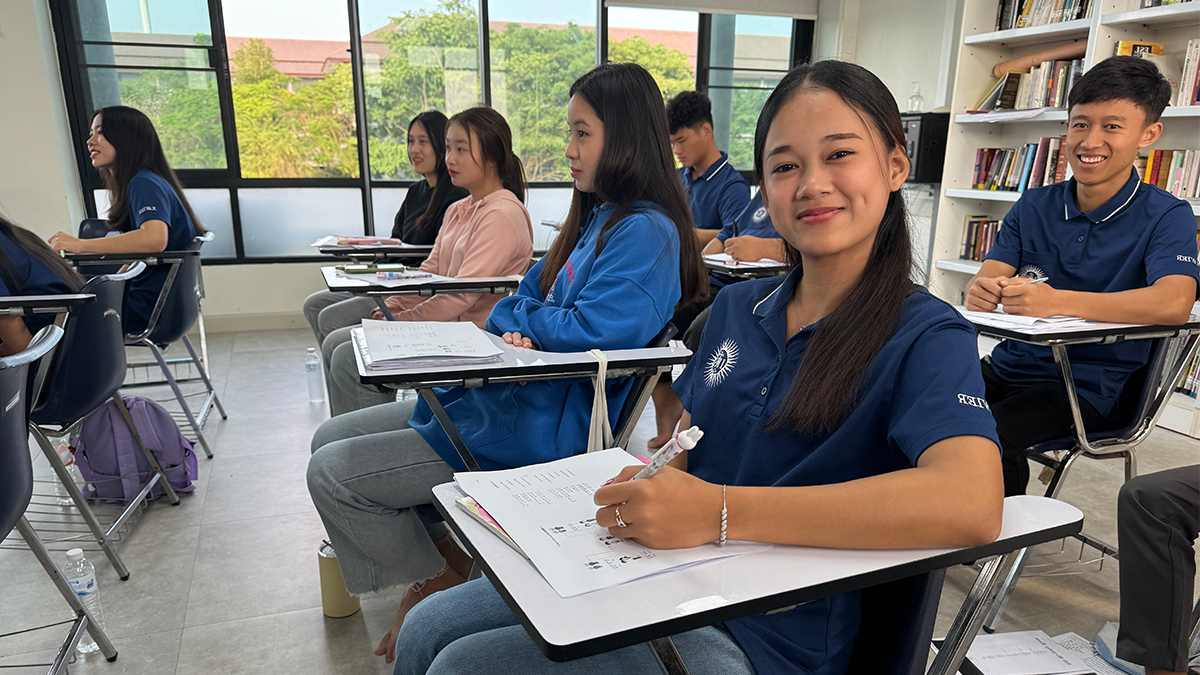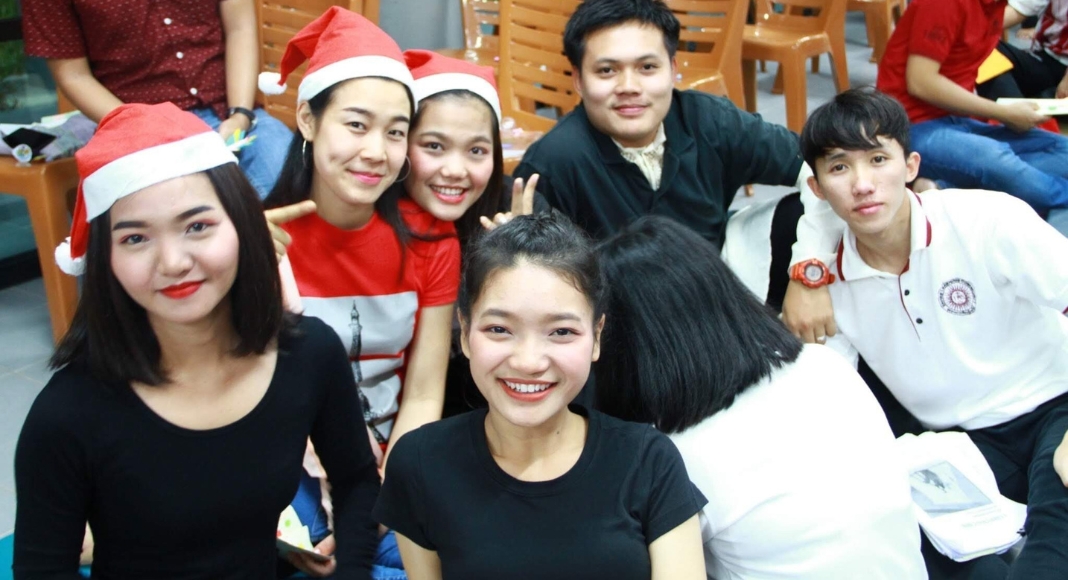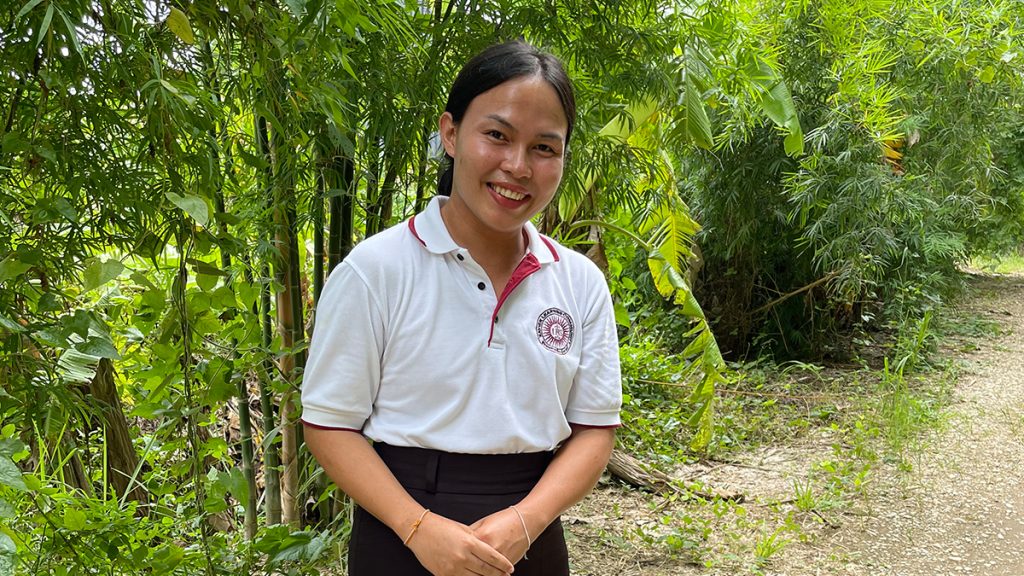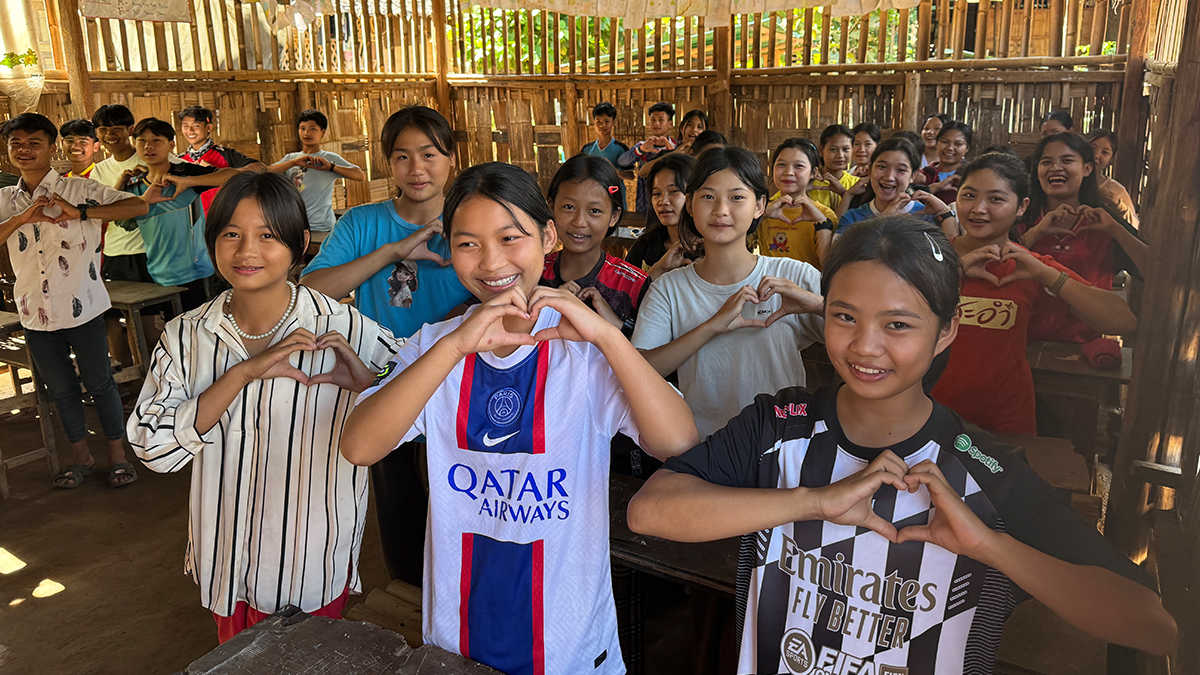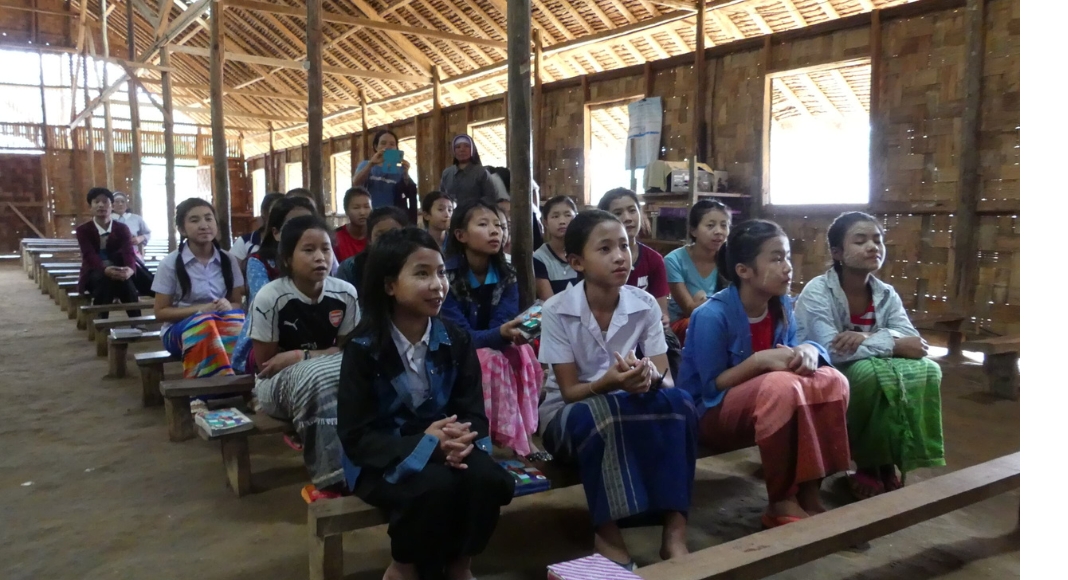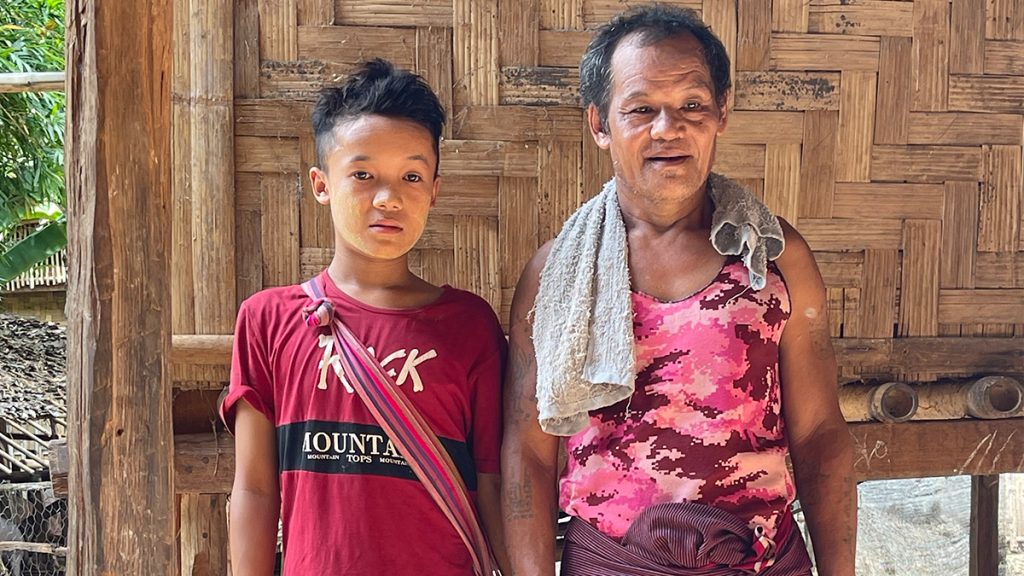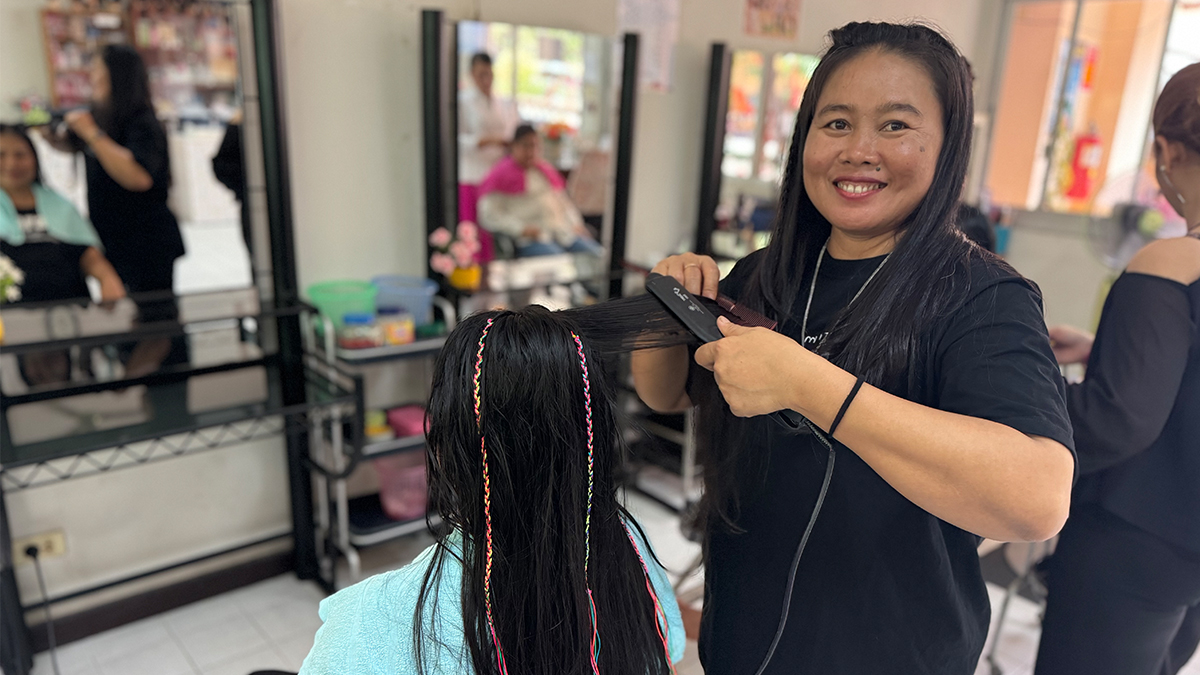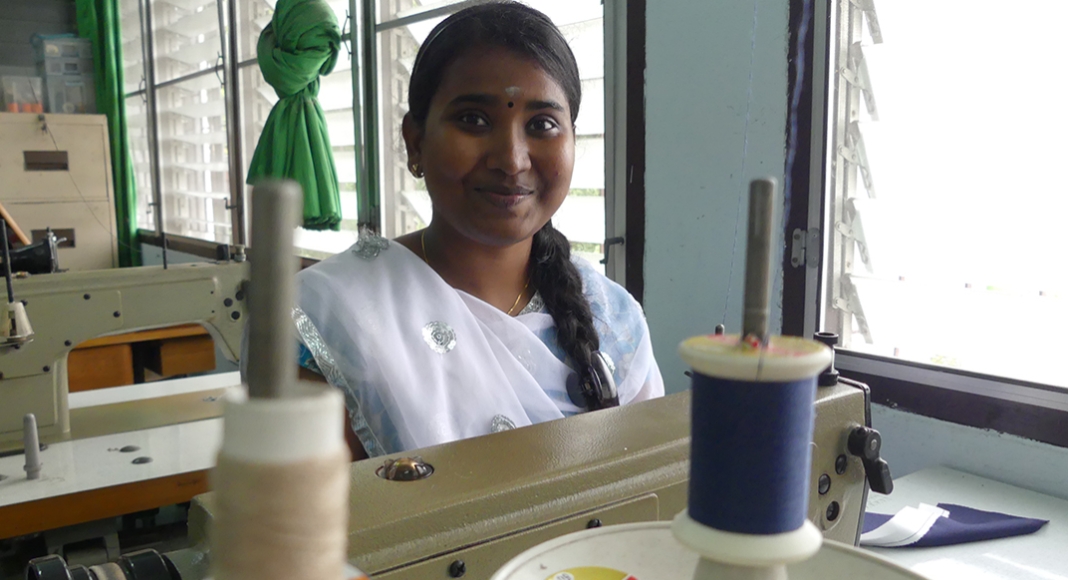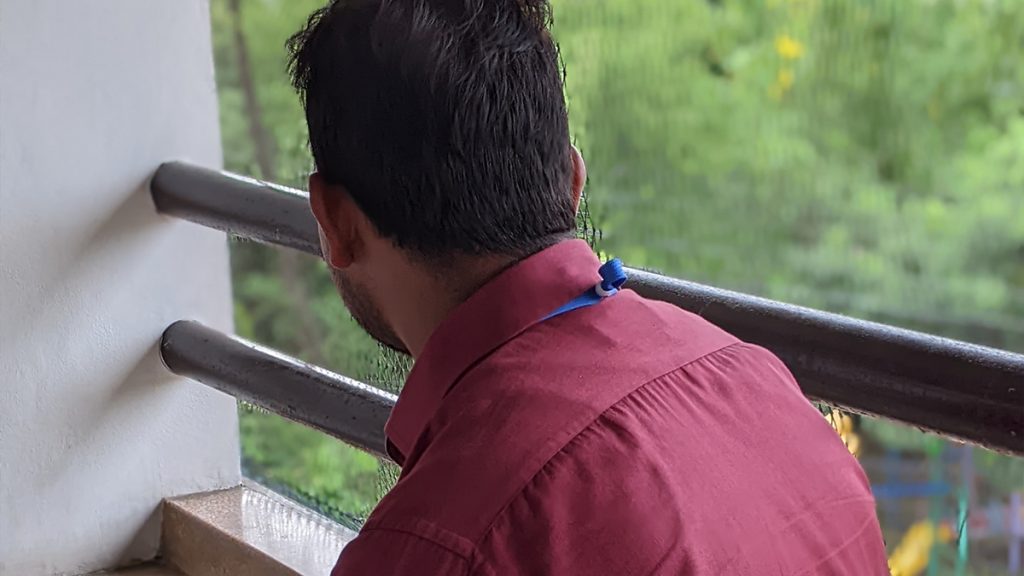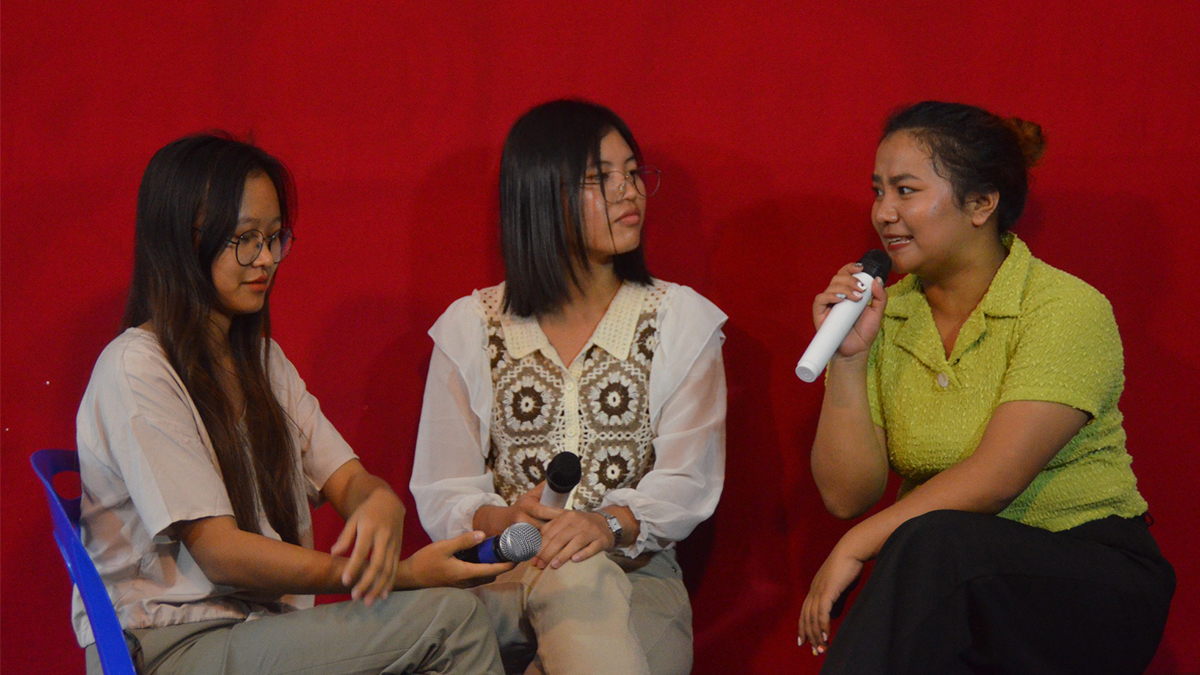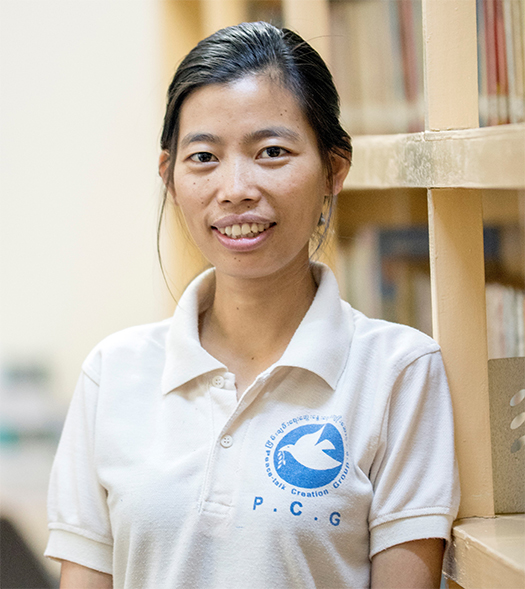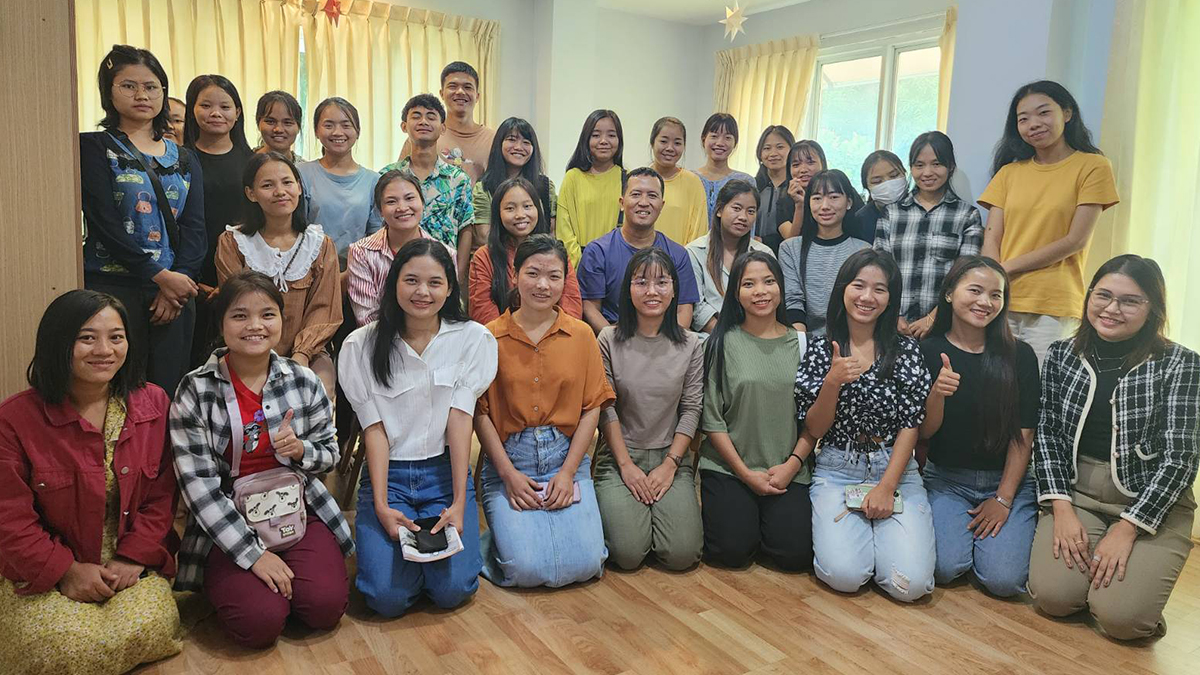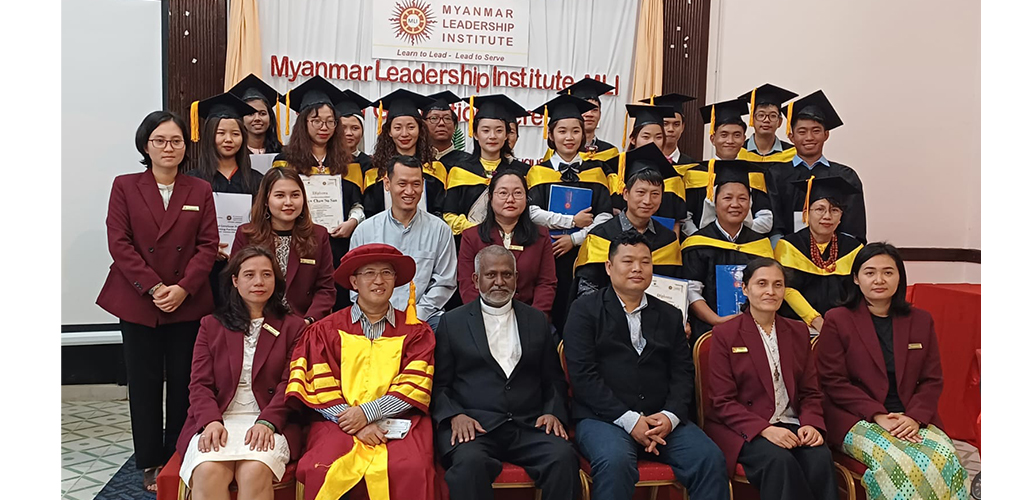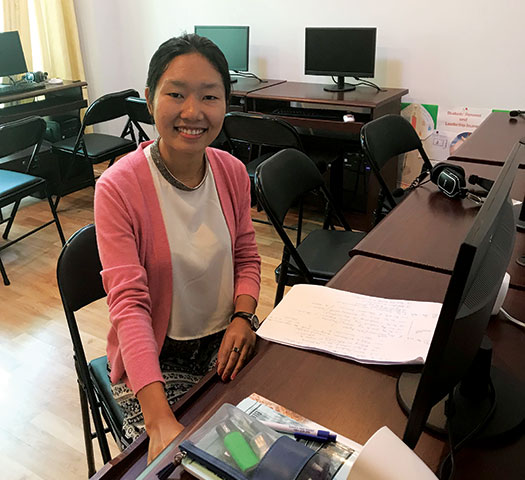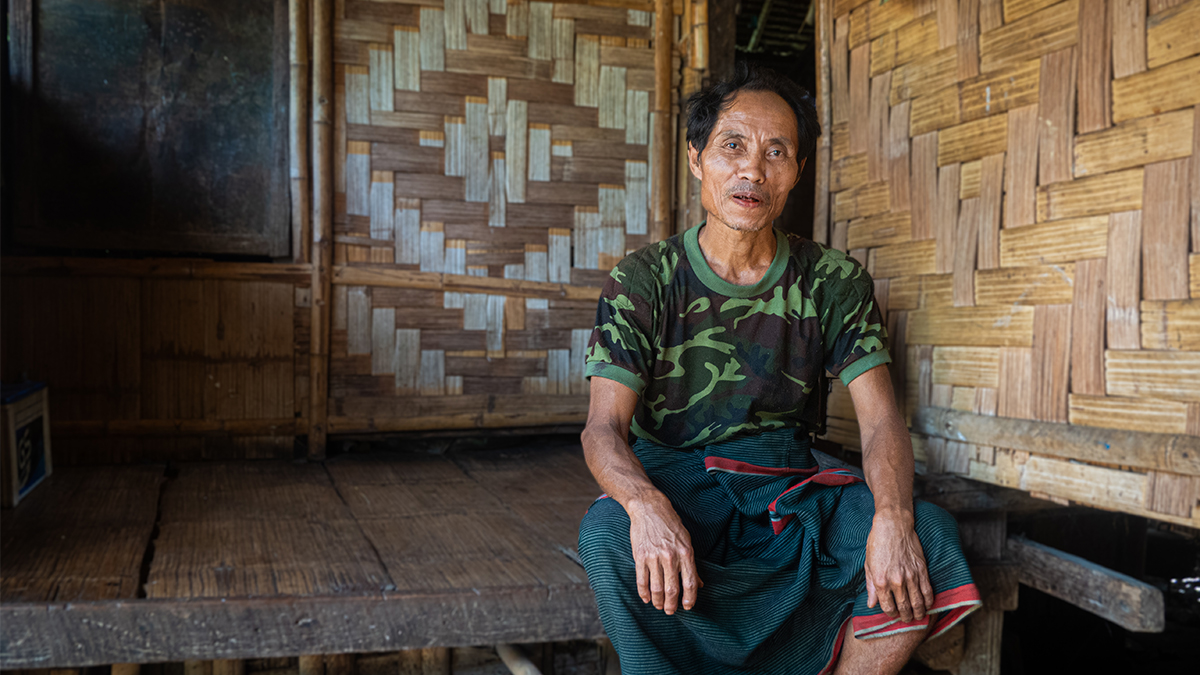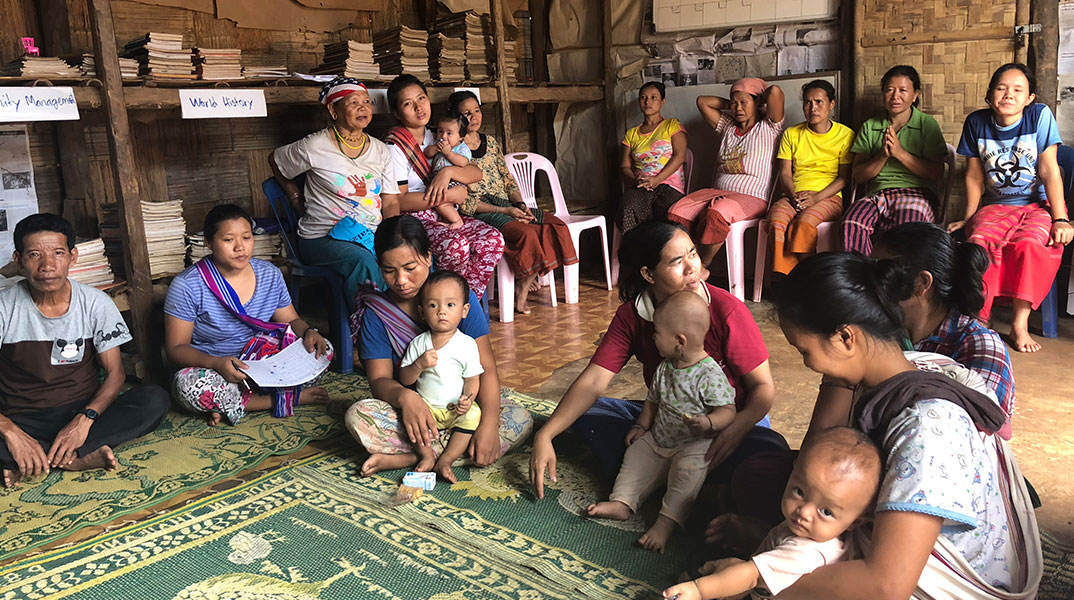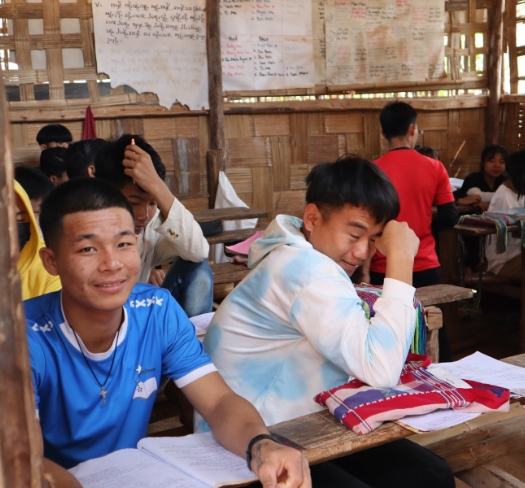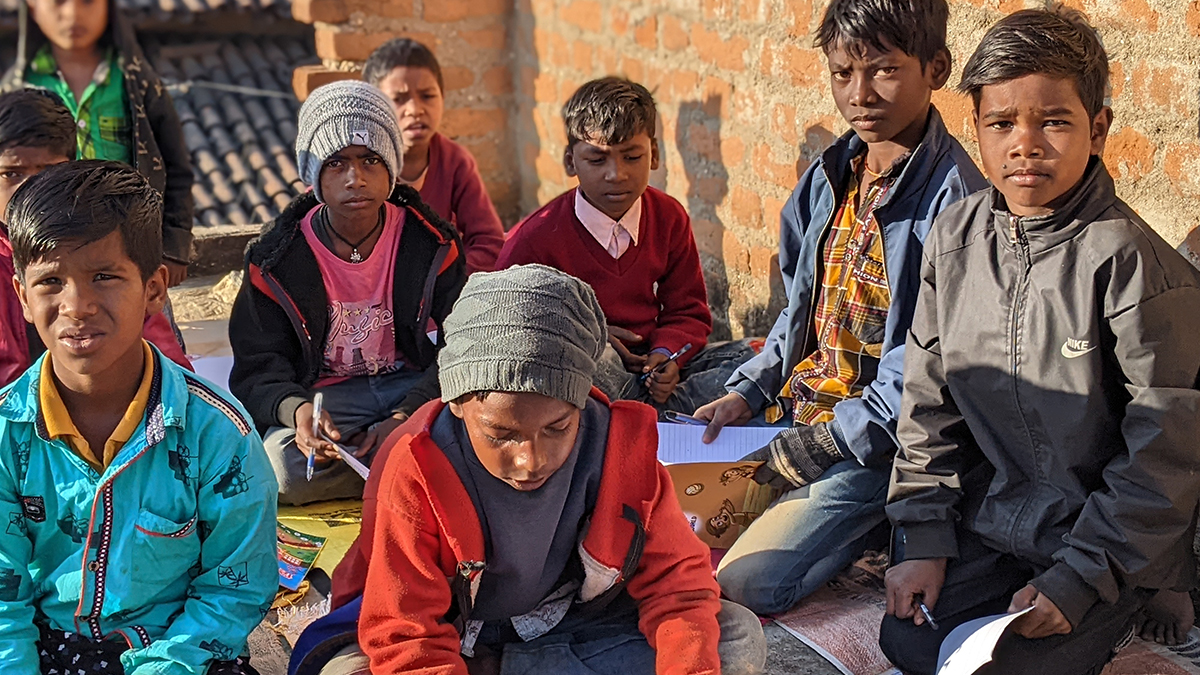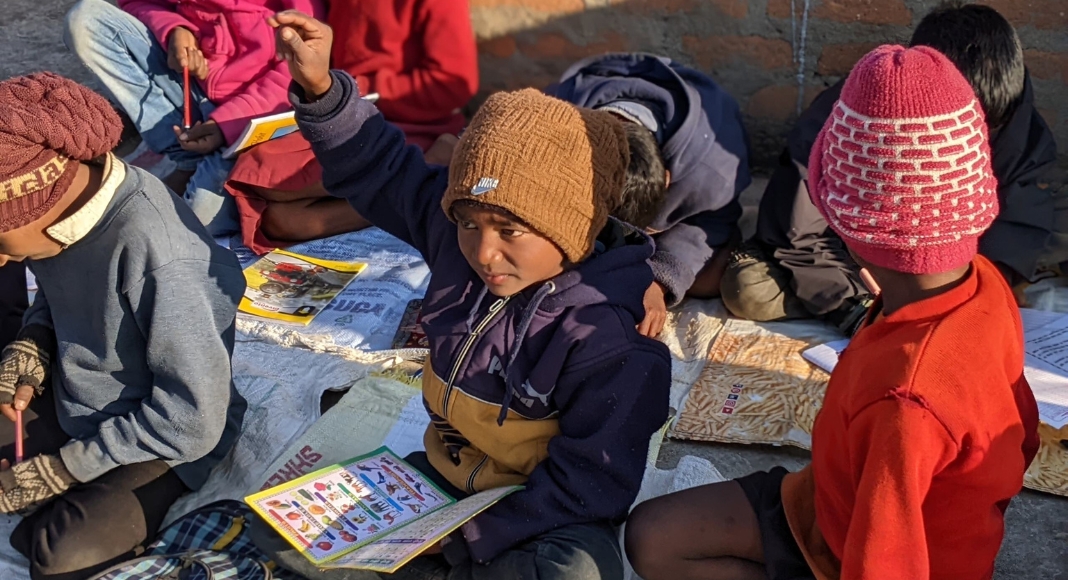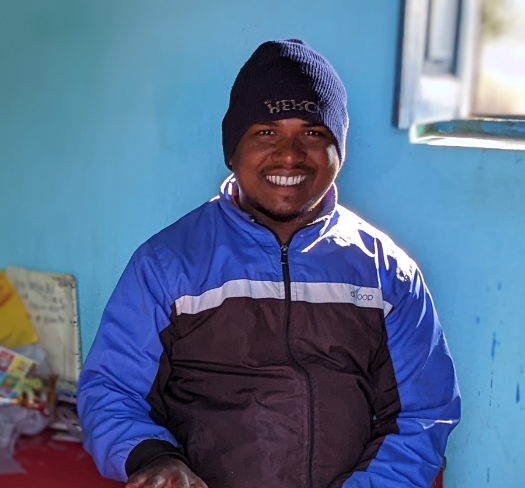Our program to fund health clinic equipment and supplies is crucial for improving health outcomes for the Timorese people.
In the remote villages and rural farming areas of Timor-Leste, families are often living in extremely poor conditions, leading to a long list of health problems. And in many cases, the nearest healthcare facility is simply too far away for people to travel safely. It means painful ailments go untreated, serious conditions are detected too late, children are undernourished and not immunised, and women give birth without professional help.
Our local partner Jesuit Social Service Timor-Leste operates two health clinics to serve the needs of the people living in rural areas.
The first health clinic is Centro de Saúde Daniel Ornelas (CSDO), located in Kasait, adjacent to CSIL and ISJB. The clinic provides critical health care to students and families from those schools, as well as the broader community. This project also equips the clinical laboratory with health testing services to prevent, detect, and cure most of the prevalent diseases, such as tuberculosis, dengue fever, and malaria.
“The residents in Ulmera are mostly living with very poor conditions. Hence, they are struggling to meet the basic necessities, such as healthcare. That is why the presence of CSDO is so important to help those who need it the most.”
Fr Joaquim Sarmento SJ, previous Regional Superior of the Timor-Leste Region.
This project seeks to serve those people who are most in need of support, especially women and children in remote areas who are vulnerable to suffering from infectious diseases without any access to medical help.
The second health clinic is the Railaco mission health clinic, which provides primary health care and nutrition programs.
Since 2004, with significant support from St Canice’s Parish in Sydney, the mobile clinic offers free medical consultations and treatment to twelve communities on a twice-monthly basis. This service has the potential to reach over 7,000 patients per year, has significantly helped prevent disease and reduce hospitalisation among the remote populations it services.
All services provided are free of charge, which includes the distribution of basic medicines as required.
Your support can bring lifesaving healthcare closer to those who are cut off from society and living on the margins. Access to vital medical testing means remote communities can gain control of infectious diseases to relieve suffering and prevent deaths.
Manuela’s Story
Manuela, a resilient mother of two, lives in the heart of a small rural community in Timor-Leste.
Thanks to your generosity, the mobile medical clinic comes directly to Manuela’s doorstep, saving her family the hardship of travelling great distances for medical assistance.
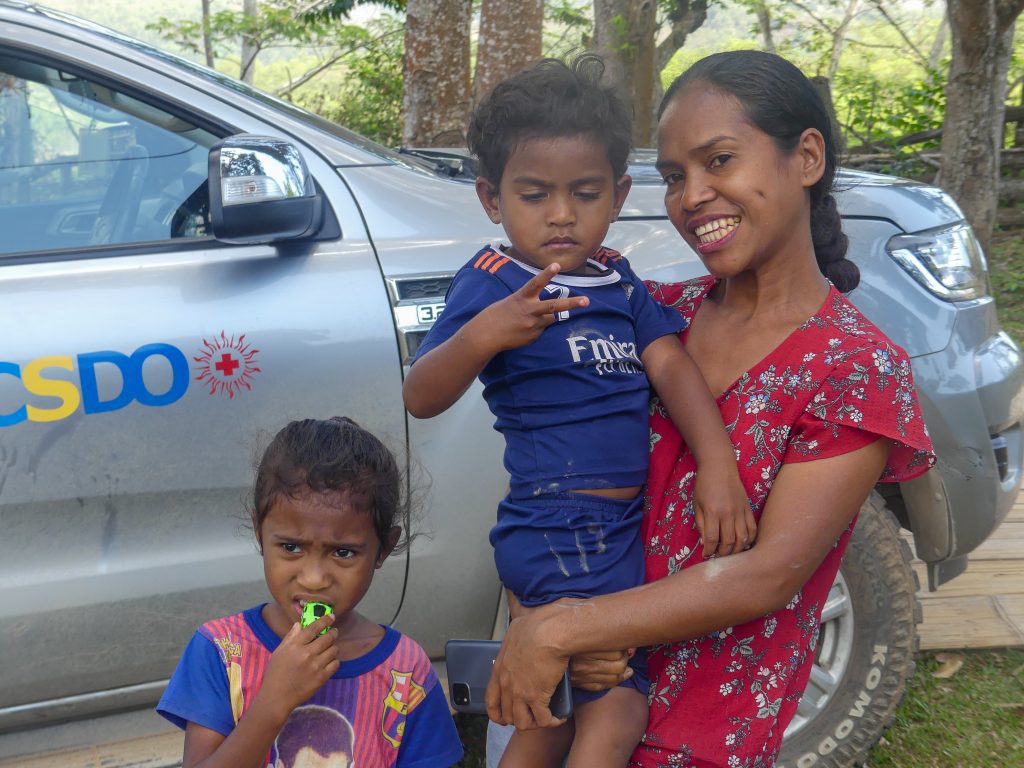
“I am very grateful for this mobile medical clinic program as we cannot afford to go far.
Manuela with her two kids who can now access healthcare.
Perhaps the most significant relief is that the consultations and medicine provided by the roaming doctors and nurses, are entirely free of charge.
In contrast, other clinics require families like Manuela’s to pay for medicine, at significant costs, which brings great financial pressure to vulnerable families.
At other clinics a bottle of medicine can be four, five or six dollars, which is a lot for us,” she says.
With access to medical assistance, her two young children, aged six and three, can dream of a brighter future. Manuela wants her daughter to become a doctor and that her son can study well in order to go abroad.
